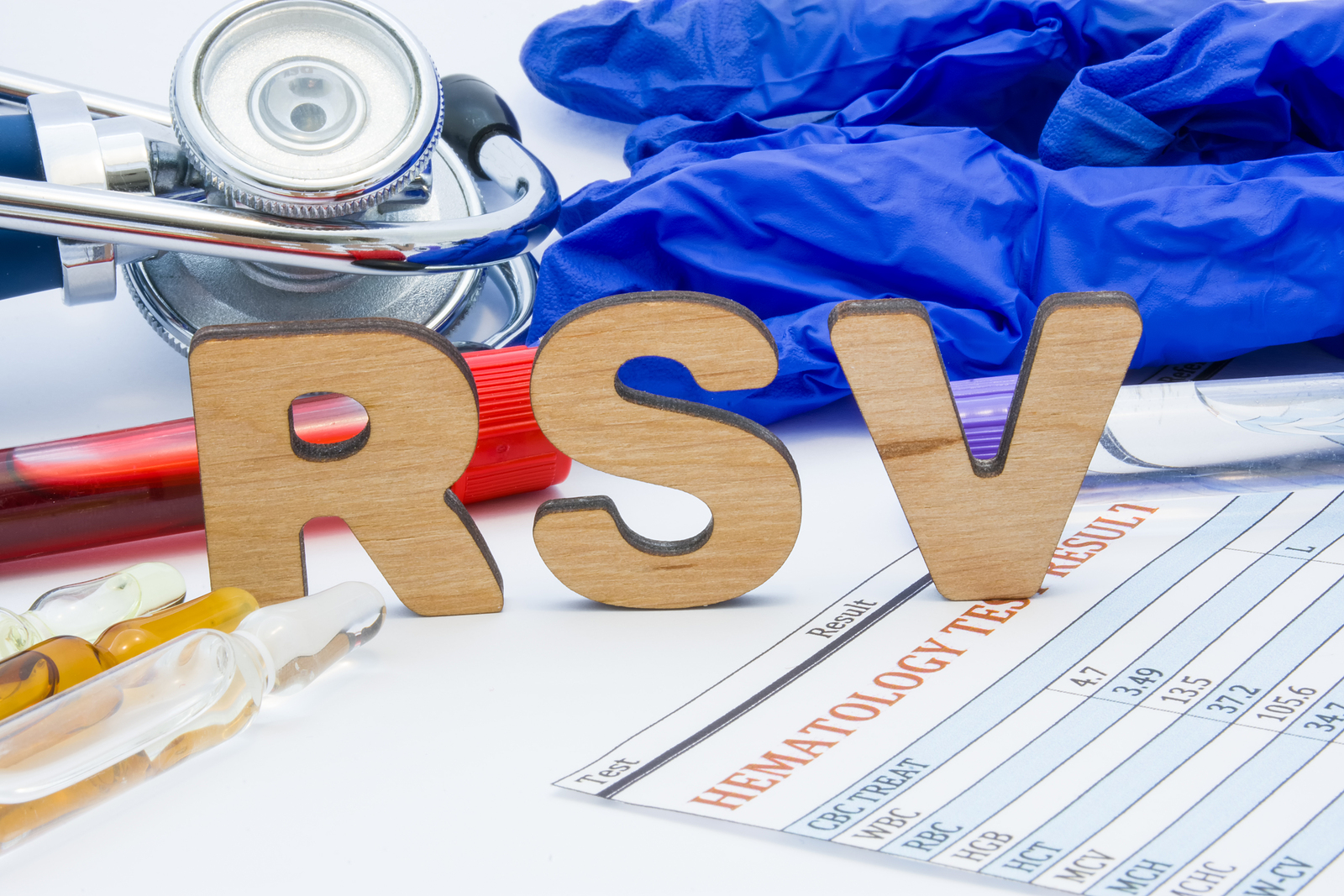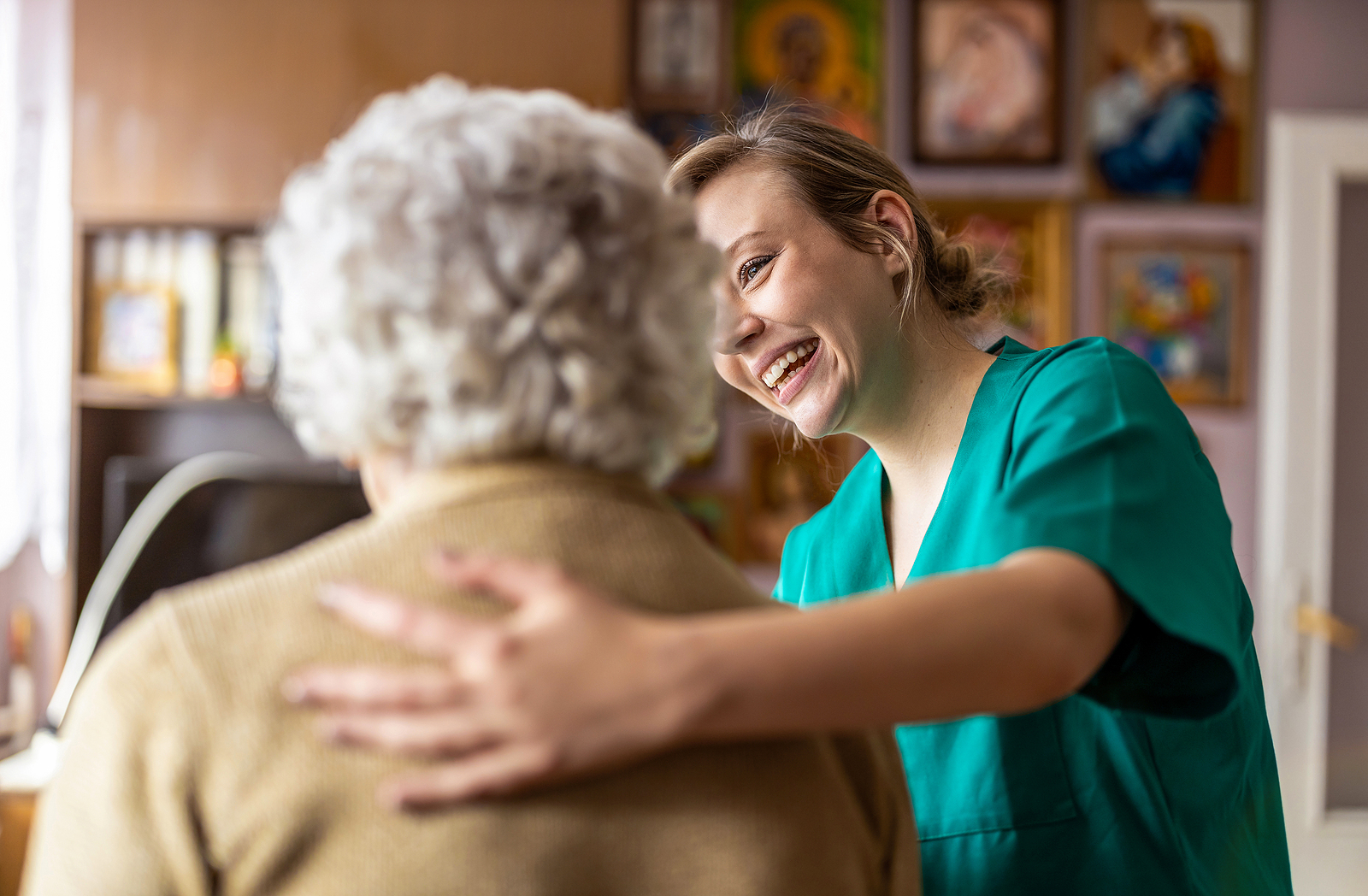RSV and Your Senior
Category:

Respiratory Syncytial Virus Infection (RSV) is a common virus that affects just about everyone at some point. It is very contagious and while younger adults in good health will usually only struggle with minor symptoms, RSV can lead to serious complications for infants and the elderly.
Symptoms to Watch for in Your Elderly Loved One
RSV can mimic many other infections that tend to affect the population. It does have some differences though that can cause it to lead to other more serious consequences for your elderly loved one. RSV causes infections of the respiratory tract and lungs.
Common early symptoms of RSV include:
- Low-grade fever
- Congestion
- Dry Cough
- Fatigue
- Runny Nose
- Headache
If your elderly loved one has these symptoms and they don’t progress, then resting at home and taking care of himself is the best remedy. So long as the symptoms are manageable, doctors will usually not recommend an antiviral treatment because it will go away on its own within a couple of weeks.
But for some elderly, especially those with certain health conditions, RSV can quickly escalate into a more serious infection. Elderly individuals who have diabetes, asthma, COPD, or congestive heart failure all risk developing serious consequences of RSV and may end up needing to be hospitalized to manage their symptoms.
Serious symptoms of RSV that require immediate medical attention include:
- Turning blue due to lack of oxygen
- Rapid breathing or panting that makes breathing difficult, especially if lying down
- A high fever that doesn’t go away with over-the-counter medications
- Severe and painful cough
- Wheezing (your loved one creates a high-pitched sound when trying to exhale)
These more severe symptoms may mean that pneumonia or bronchiolitis has developed and needs to be treated.
In-Home Care Can Help Your Loved One Recover from RSV
For most, a case of RSV will cause discomfort and fatigue with the best home treatment course of action is plenty of rest, using over-the-counter pain relievers and fever reducers, and drinking plenty of fluids. Your loved one may need some additional help around the home while she recovers from RSV. An in-home care provider can help her manage her home, and help with her care during this recovery period.
Here are some ways an in-home care provider can step in and assist so your loved one can rest:
Household chores. Your loved one might need help with laundry, especially if it’s located on a different floor than where she spends most of her time. Carrying laundry up and down stairs, folding towels, and ironing clothes can be too exhausting for a couple of weeks.
Pet care. If your loved one has a pet that needs to be walked or needs other daily care, an in-home care provider can help take care of the pet so your loved one only needs to enjoy the snuggles they provide.
Meals. Feeling exhausted and miserable can make creating a meal seem overwhelming. An in-home care provider can help your loved one prepare meals that are healthy and will help her feel better. They can also encourage your loved one to stay hydrated, which will help her body avoid dehydration.
Remember that RSV is highly contagious and therefore, if your loved one develops it, she should take steps to avoid infecting others, especially infants and other elderly friends by reducing contact with those groups until she’s fully recovered.
If you or an aging loved one are considering in-home care in Yonkers, NY, please contact the caring staff at Griswold Home Care for Scarsdale & Yonkers today. (914) 337-5028.
Subscribe
Date: August 16, 2024
Category:


